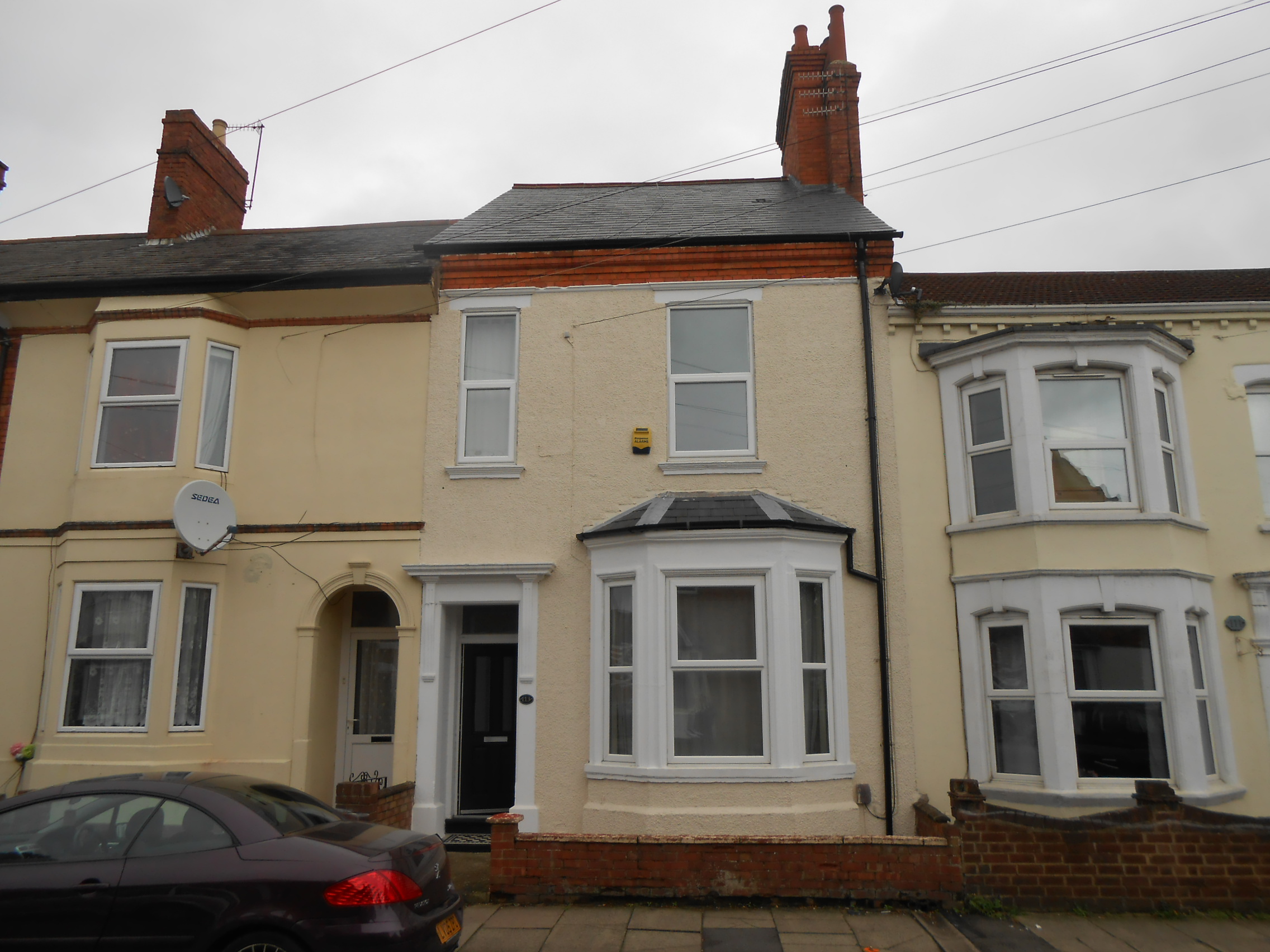


For most of us, buying a home is the biggest purchase we will ever make – so it pays to get it right. Here we take you through the checklist of how smart people buy property.
Sometimes it’s right to let your heart rule your head, but not when it comes to buying property.
We advise home buyers against being seduced by the TV-style home makeover. That new paint job, laminate flooring and cool minimalist style may look like new century living but it could hide a multitude of sins.
Take off the rose-tinted spectacles and take a look in the cold light of day. The things that really count are location and structural integrity. The fresh paint could be disguising damp, the laminate flooring may be covering a dodgy sub-floor while the great smell of fresh coffee or home baking might disguise the smell of drains.
First time buyers are particularly vulnerable as they are often eager to settle down and buy the first decent looking property they see.
RICS has issued a checklist of the dangers of letting the heart rule the mind:
Checklist for smart home buyers
Don’t buy a house because you like the colour of the walls (or other similarly superficial details).
Accept that you will not like everything in the house. If by a stroke of luck you do, check which fixtures and fittings are going to be included in the sale. Otherwise it could end up looking very different on the day you collect the keys.
Don’t be taken in by someone else’s furniture. Consider instead how your own furniture will look in that setting and whether your lifestyle suits the property layout.
Beware of ‘home staging’ — many property sellers employ specialists to makeover a property to maximise the sale price. Don’t be seduced by ‘investment dressing’.
Couples buying together need to be honest with each other about their priorities. What do they each want from a property – a quiet neighbourhood or a bustling location? Close proximity to a park or your own back garden? Better to have the conversation now.
First impressions do count – but you should visit a property at least twice, preferably at different times of the day, to give you a better idea of what’s on offer. It may seem like a lovely, quiet, sleepy neighbourhood on Sunday morning but it could become a racetrack to work or a parking nightmare at 7.30am on Monday.
Do your homework! Make sure you understand the basics of the housing market. For instance, do you know the difference between freehold and leasehold? If not start looking into it.
Don’t just think about the cost of the property itself. Your moving cost checklist should include: solicitors fees, land registry fee, local authority searches, various mortgage lender fees, the cost of a survey and stamp duty. Then you need to add on moving expenses, building insurance and storage.
When you find a property which you want to make an offer on, have a survey carried out by a qualified chartered surveyor. Taking on a property without giving it a proper health check is a risky business which can result in a financial headache in the future. It is better to be armed with the facts about a property’s condition before you agree a sale price, than be saddled with a property with issues.
Don’t become emotionally attached to a property before the transaction is complete. As many as one in three house sales in the UK fall through. Once the papers are signed and the keys handed over, you can think of the place as your home sweet home.